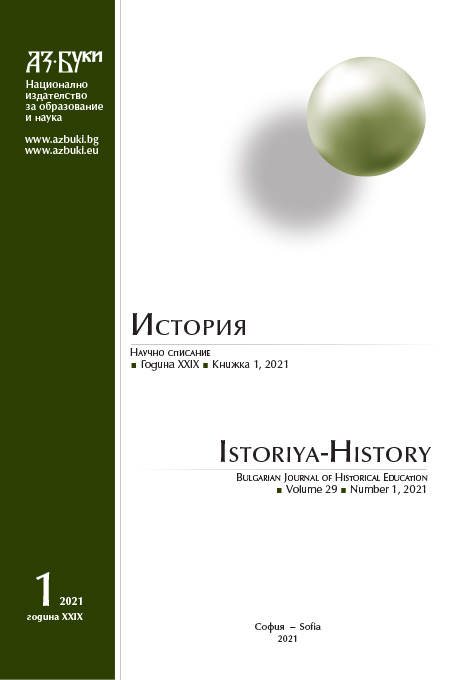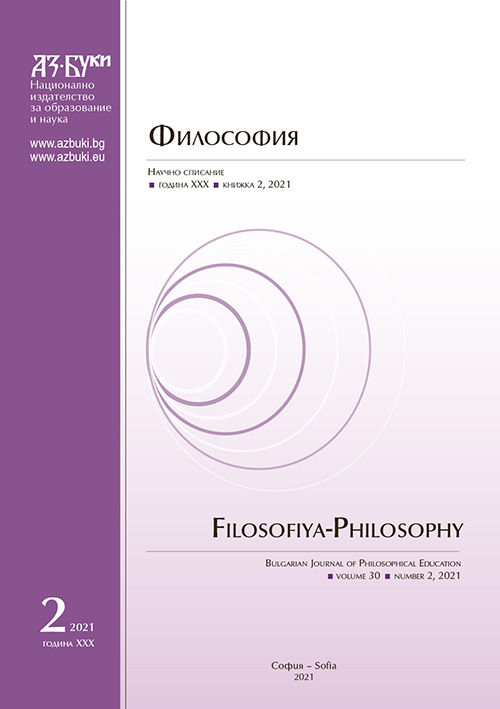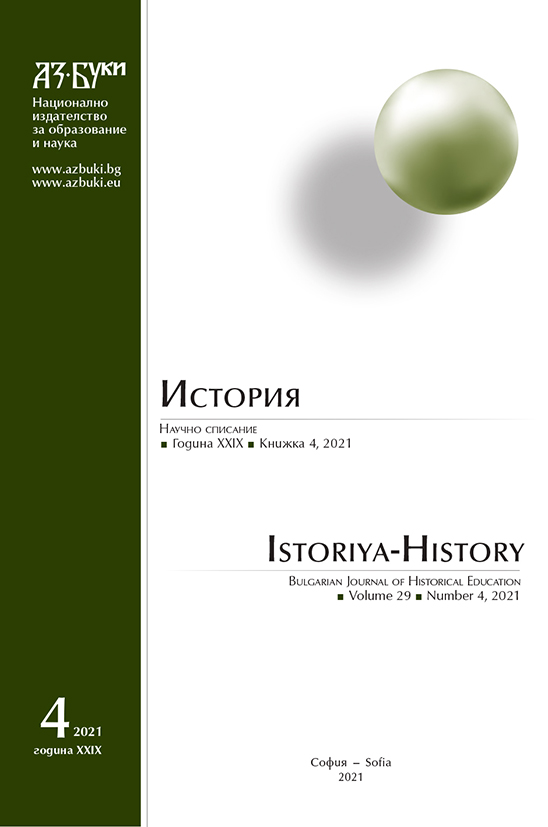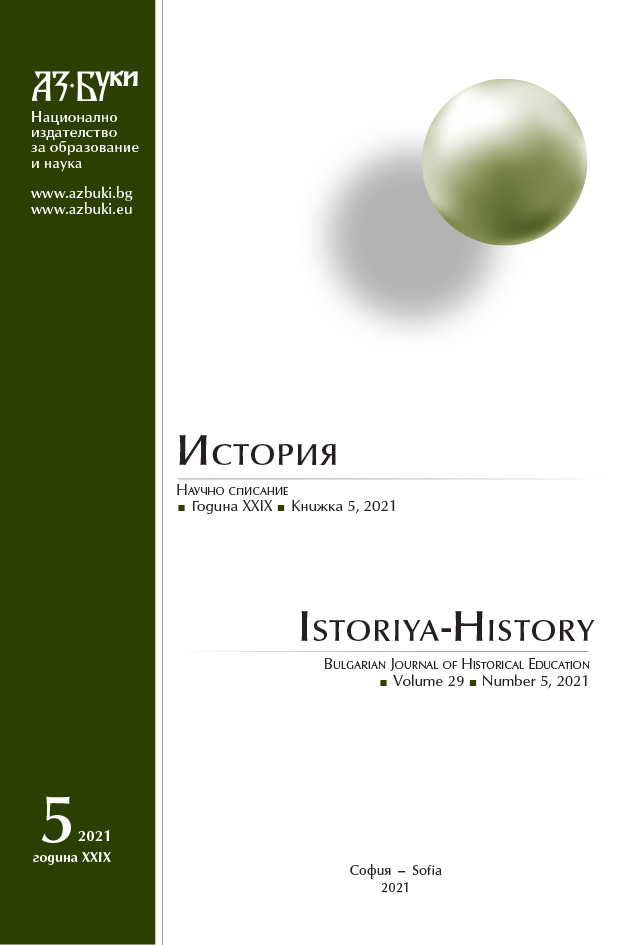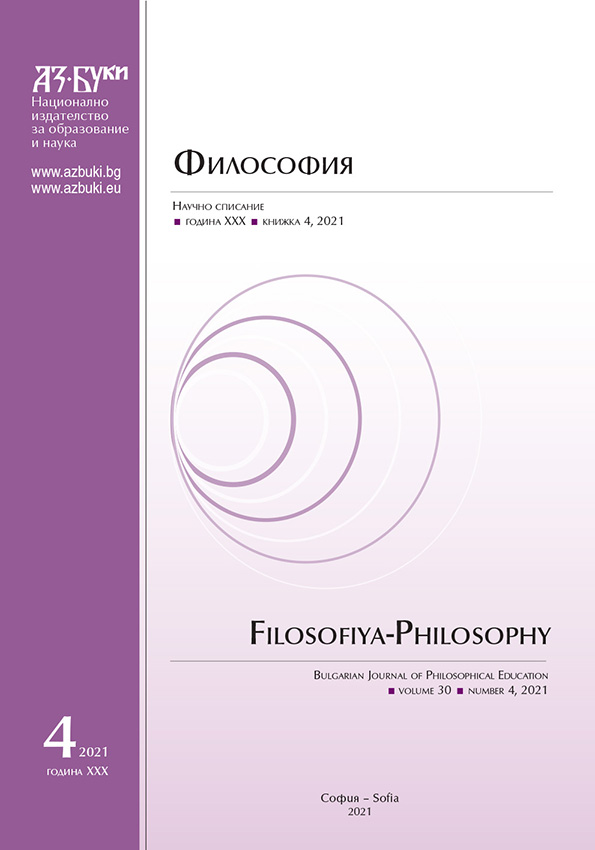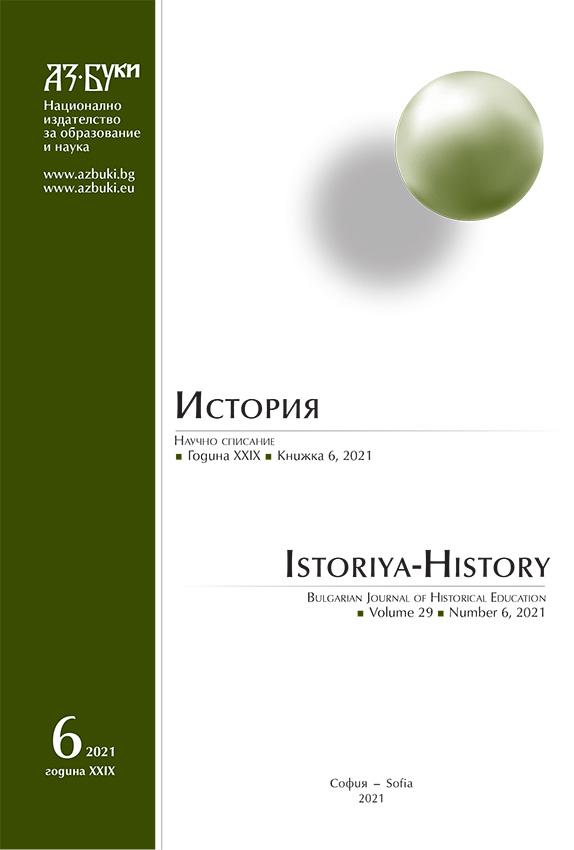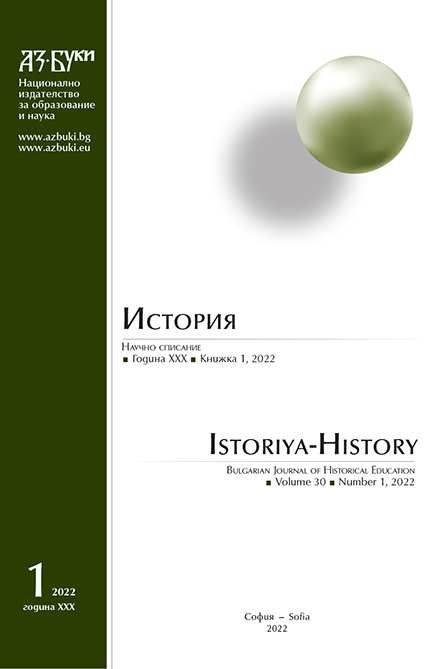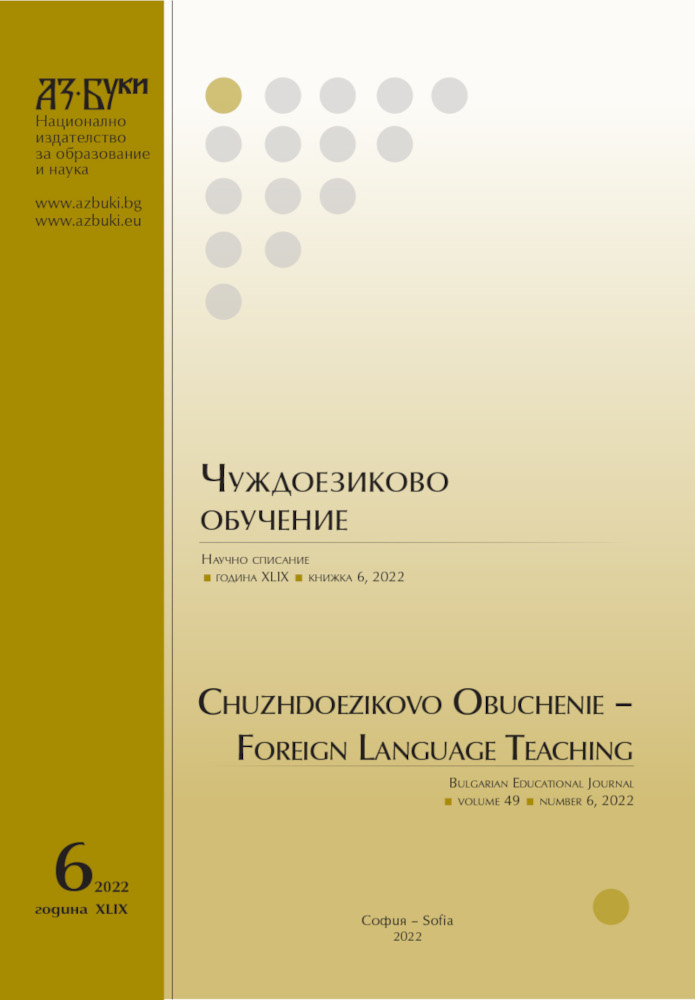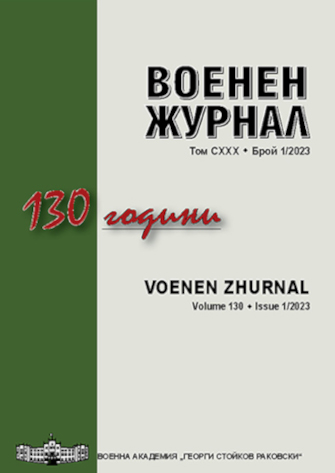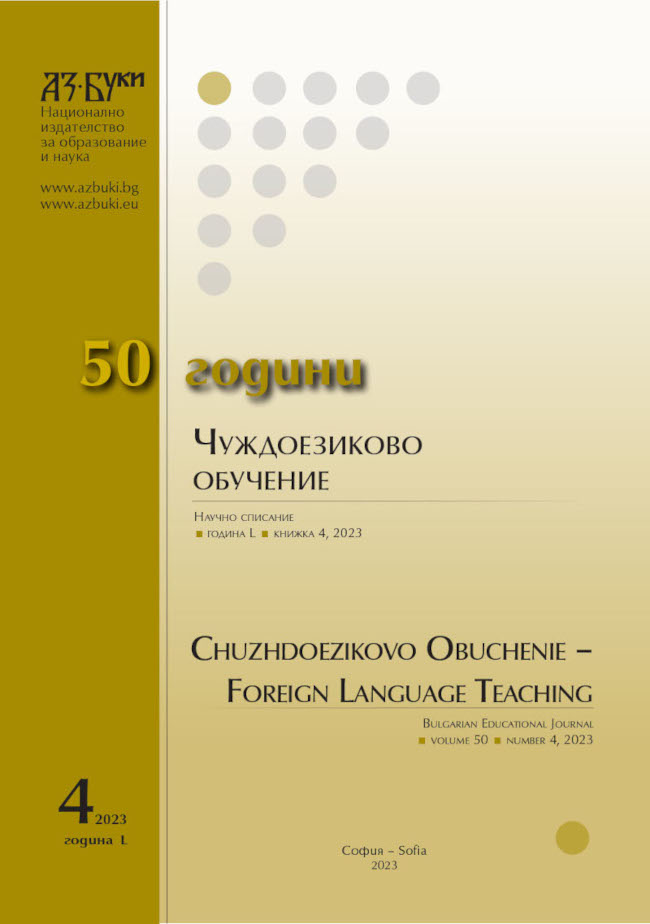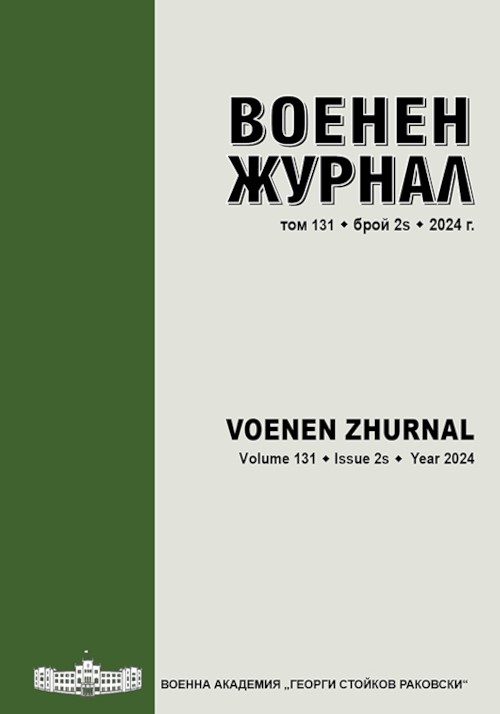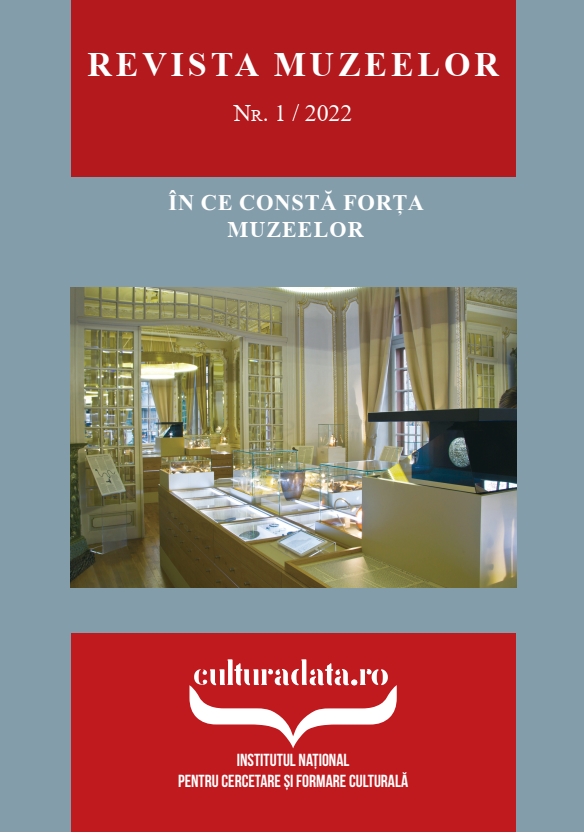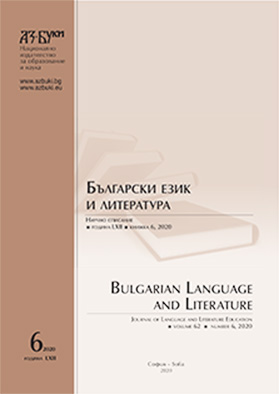
Russian Proverbs About Love and Their Paremiological Reflection in Bulgarian and Polish Cultures
This tri-lingual Russian-Bulgarian-Polish research, based on the Russian paremiological minimum, is looking into paremiological units in relation to Love and the ways people of different but yet similar cultures express their feelings through proverbs. The source of the current research is the Russian-Slavonic Dictionary of proverbs published in 2000 by M. Yu. Kotova . The actuality of all the proverbs in the research is reviewed and cross-checked against the results of the sociolinguistic paremiological experiment conducted in 2003 – Handbooks of a Paremiographer: Issue 1: Bulgarian paremiological parallels of the Russian paremiological minimum (2013) and Issue 6: Polish paremiological parallels of the Russian paremiological minimum (2019). The author offers literal translations of all of the proverbs selected for this research. The aim of this paper is to uncover possible lacunarities and culturally-tied expressions in the corpora of European cultural memory, particularly in Russian, Bulgarian and Polish. While targeting proverbs of related Slavic languages, this study is approaching the proverbs from an imagology angle targeting culture specific lacunae and investigating close relationships within the languages of the Slavic group.
More...
